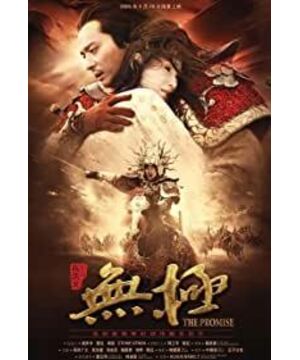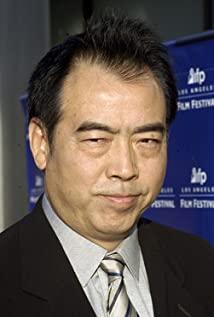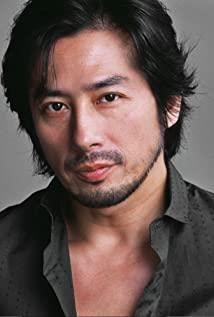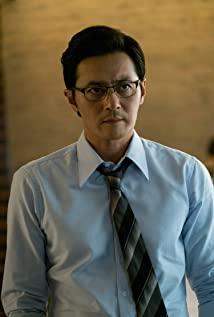In the year when Wuji was released, I was in my third year of high school. On the school food festival event day, someone copied "Wuji" to watch it, and at the same time copied "The Bloody Case Caused by a Mantou".
A group of lively teenagers turned movie watching into a collective unconscious carnival (sarcasm).
Come to think of it, I can't even talk about seeing this movie.
Twelve years later, when I learned that Chen Kaige's "The Legend of the Demon Cat" was released, my first reaction was why he made another ghost-and-ghost theme that was particularly easy to fall into the predicament of bad films. "The Promise" almost knocked him down from the altar, and since then he can't be compared with Zhang Yimou and Feng Xiaogang. Isn't this price painful enough?
Questions brought me a strong interest, and the film itself brought me a new understanding of Director Chen. Let's not talk about how the story is told, but now I can imagine the grand scene of the Tang Dynasty, which is this blissful feast. For Yang Yuhuan to Li Longji, it is this bliss. And the nothingness behind all this, like the dim stars in Yang Yuhuan's eyes, can be seen through by An Lushan's beast-like eyes, and seen through by you and me. I read the Song of Everlasting Regret carefully, the serenity in it, the grace of the country, the tears of blood and tears, and the parting of hatred are both fake and real. It seems that everything makes sense, this is a cruel fable under the legend of the Tang Dynasty.
I decided to go back to Promise.
Promise is also a fable about destiny.
From what I understand, they made a bet, or an exchange, with Manshen (destiny) respectively. Two bright lines, two dark lines. Qingcheng gambled that she would never get true love. Bright did not love her, but loved glory and victory. Wuhuan gambling will never get sincerity, and he will never get sincerity in the deception of the first Allure and the deception of the last light. Bright gamble will never win, Qingcheng loves the general, the general who kills the emperor is the general, but the general is not him. Guilang gambled and would never be free, and the Snow Clan people were slaves for generations, and he was wiped out and never returned to the free Kunlun. They all know their own destiny, or compromise, or unwilling, or resist, but in the end, they continue to overlap with their cursed destiny.
Kunlun, a chess piece in Wuji, he doesn't know what destiny is, he doesn't even know what he is, he is primitive humanity. In the process of self-awakening, learning to love, learning to pursue, learning to run, he is hope.
What this film expresses is difficult to describe in words, everyone's understanding will be different, and what we experience may not be what the director wants to express. When a book or a movie arrives in the hands of the user, it does not mean the completion of the value of the product. It should be thought after the user has read it. This is the complete value of a work.
Chen Kaige's films have high artistic attainments, but there is also a sense of disconnection between form and content, that is, there are too many things to express, and the freehand style cannot control the content of the content, and it will feel that the story and characters are incomplete.
But I really like it very much, and one of the most important points is Chen Kaige's persistence. He injects his speculations on history, human nature, and even philosophy into the film and expresses it with oriental aesthetics. Even after being demeaned for many years, it is still possible to make a film so faithful to himself.
I think that art should lead thinking, not to please the present.
View more about Wu ji reviews











